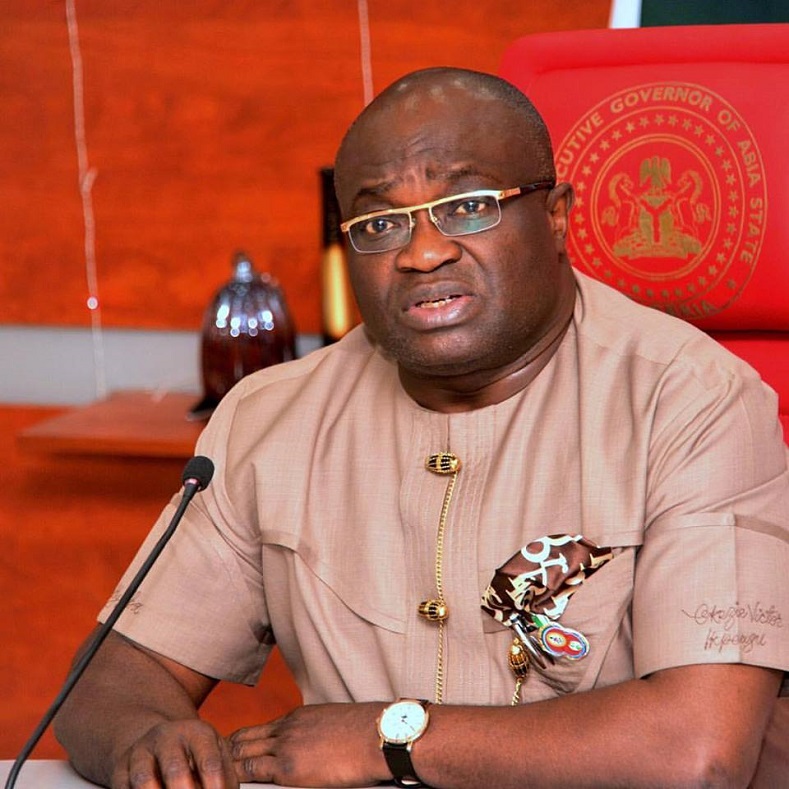Barely 24 hours after complaining about inability to get PVC, Aare Adams receives voters’ card

…seeks extension of distribution of PVC to Tuesday
Barely 24 hours after issuing a statement raising an alaem about his inability to collect his Permanent Voters Card (PVC) and warning the Independent National Electoral Commission (INEC) not to disenfranchise him and members of his family, INEC officials yesterday presented the Aare Onakakanfo of Yorubaland, Iba Gani Abiodun Ige Adams and wife, Ayinba Mojisola with their PVCs in their Omole Phase 11 Lagos home. The INEC officials led by Mrs. Grace Asemoloye who arrived the home of the Adams a few minutes before 10 am on Thursday, to hand over the voters’ expressed regrets at the delay. In his remarks, Adams, expressed appreciation to the leadership of INEC, urging the electoral umpire to ensure that all registered and eligible Nigerians are able to vote at the polls. “I raised the alarm when it became suspicious that INEC is yet to release my voters’ card and that of my wife a few days to the general elections. But now, having made it known to the world through the statement, I feel honoured that the same body retraced its steps and presented my PVCs and that of my wife to me. This is a welcome development, coming at a time when preparations for the elections are in top gear. “Let me say it once again, that the problem is not about me, and the rest of my family, however, it is about millions of Nigerians that are fit and eligible to vote and exercise their civic rights. “Eligible Nigerians must be allowed to vote and this is possible when the PVCs are available. For instance in Oyo State, about 800,000 people are yet to collect their PVCs, and that is too bad. Therefore, I am using this opportunity to appeal to the INEC boss, Prof. Mahmod Yakubu, to extend the date for the collection of PVCs to Tuesday 12 of February, even as campaigns for electoral offices end by Thursday, 14th of February, so that a good number of Nigerians will have the opportunity to vote. “The 2015 experience, when about 40 percent of Nigerians in the South West were disenfranchised, was sad and not too good for us,” he said.






